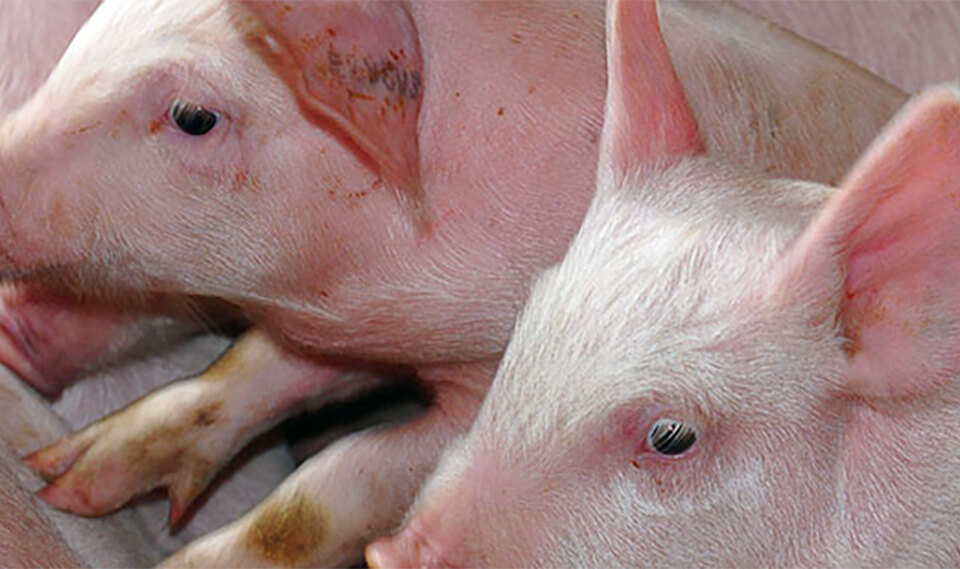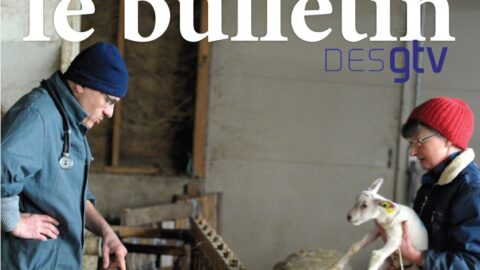Limiter en pratique l’utilisation des céphalosporines de 3è et 4è générations en pathologie porcine

Auteurs
Résumé
L’antibiorésistance est devenue un problème sociétal, qui concerne directement les professionnels de santé, et particulièrement les vétérinaires praticiens lors de leurs prescriptions. Les praticiens en production porcine ont adapté leur exercice pour prendre en compte cette problématique. Cet article traite de la limitation de l’utilisation des céphalosporines de 3è et 4è générations à travers 4 exemples. Sauf exception, le praticien peut éviter de prescrire des céphalosporines pour les arthrites du porcelet et les affections à Streptococcus suis. Pour les infections du tractus urinaire de la truie, les céphalosporines peuvent s’avérer irremplaçables, mais une réévaluation de l’incidence de cette pathologie doit être envisagée. Concernant les affections respiratoires en fin d’engraissement, notamment l’actinobacillose, les céphalosporines sont parfois indispensables dans l’urgence : il faut prendre en compte le délai d’attente très court et l’absence de traces au point d’injection. Il est possible de surmonter les contraintes liées à l’antibiorésistance, qui peuvent se révéler positives à terme pour la filière porcine avec un retour à certains fondamentaux.
Abstract
Antibiotic resistance has become a societal issue, which directly involves health professionals, in particular veterinary practitioners when prescribing antibiotics. Practitioners in pig production have adapted the way they work to take into account this problem. This paper describes how the use of 3rd and 4th generation cephalosporins can be reduced through 4 examples. Except in some cases, the practitioner can avoid prescribing cephalosporins for arthritis in piglets and Streptococcus suis infections. For urinary tract infections in the sow, cephalosporins can be irreplaceable, but a reassessment of the incidence of this disease should be conducted. In the treatment of actinobacillosis-induced respiratory infections at the end of the fattening period, cephalosporins are sometimes indispensables in emergency situations. The very short withdrawal period and making sure that there are no traces of injection must be taken into account. It is possible to overcome the restrictions linked to antibiotic resistance, which can be positive in the long-term for pig production with a return to basics.


